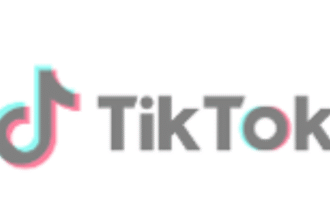The digital transformation wave has seen businesses and individuals increasingly rely on cloud computing, a technology that has revolutionized the way we store, access, and manage data. However, with the rise of this technology, concerns about market dominance and competition have also emerged. A recent development in the UK’s cloud computing sector underscores these concerns.
Ofcom’s Concerns and the CMA Investigation
According to reports, Ofcom, the UK’s communications regulator, has raised eyebrows over the dominance of Amazon and Microsoft in the cloud computing market. The regulator has referred both tech giants to the Competition and Markets Authority (CMA) for a comprehensive investigation. The primary trigger for this investigation is the concern over the market position of these leaders. Ofcom’s specific worries revolve around the challenges faced by users when switching between or integrating multiple cloud providers.
The investigation’s scope will be centered on the provision of public cloud infrastructure services within the UK. It aims to delve deep into the standing of major firms like Amazon Web Services (AWS), Microsoft, and Google, given the concerns about their significant market presence.
The UK’s Cloud Computing Ecosystem
While Amazon and Microsoft are undoubtedly dominant players in the cloud sector, the UK’s cloud computing landscape is vast and diverse. As per eWeek UK, the country boasts over 900 cloud computing companies. Among these, Instinctools, AllianceTek, and CodeBright are some of the notable names that have made significant strides in the industry.
Understanding Cloud Computing
For those unfamiliar with the term, cloud computing is a transformative technology that offers users the ability to tap into computing resources such as servers, storage, and applications via the internet, as and when required. This on-demand access model negates the need for individuals or businesses to maintain physical resources, allowing them to pay only for the services they utilize.
The essence of cloud computing lies in its flexibility and scalability. Users can store a wide range of data, from documents and images to audio and video files. Often synonymous with Internet-based computing, the architecture of cloud computing is intricate yet efficient. It comprises:
- Front end: This can be a fat client (like a computer) or a thin client (like a smartphone or tablet).
- Back-end platforms: These include servers and storage mechanisms that house the data and applications.
- Cloud-based delivery and a network: This can be the Internet, an Intranet, or even an Intercloud, which refers to a cloud-to-cloud connection.
Also read: Stunning iPhone 16 & iPhone 16 Pro Design Updates Set to Amaze Tech Enthusiasts!
The UK’s cloud computing sector is both vast and dynamic. While the industry has witnessed rapid growth and adoption, concerns about market dominance and fair competition are inevitable. The investigation into Amazon and Microsoft by the CMA, as initiated by Ofcom, is a testament to the regulatory bodies’ commitment to ensuring a level playing field. As the investigation unfolds, it will be crucial to strike a balance between fostering innovation and ensuring competitive fairness in this critical sector.

















